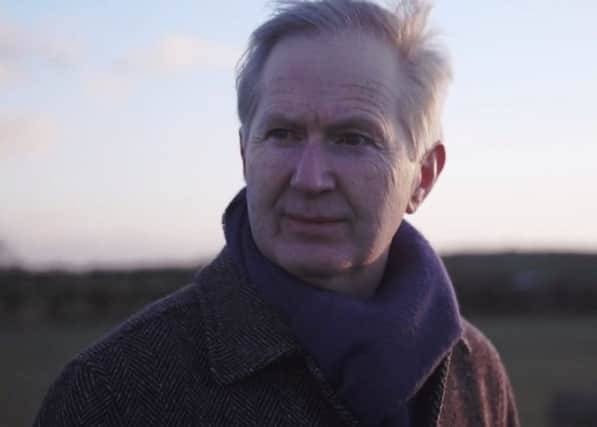Troubles documentary spotlights unseen human trauma of conflict


David Bolton is the subject of feature-length documentary film The Quiet Shuffling Of Feet which will be shown in the Ardhowen Theatre in Enniskillen on Monday, October 7 at 7.30pm as part of the Fermanagh Live Arts Festival.
The 63-year-old said he had been initially reluctant to make the film which was shot in 2018 and the early part of this year: “It seemed that the time had passed to talk publicly about the events I and colleagues had witnessed.
Advertisement
Hide AdAdvertisement
Hide Ad“At the time the film was made, however, our politics was broken and it seemed as though the human costs of our conflict was being forgotten – along with the memory of how much it had taken to bring it to an end. It seemed necessary to speak again of the hurt, loss and trauma that many have endured, of the unmet needs, and of the consequences for our children and grandchildren.”
David, now retired, was a second responder during the Troubles: “My role was to work alongside colleagues from medicine, nursing, social work and other disciplines, co-operating with the police in trying to assist those who had been caught up in tragedies.
“I was at the hospital after both the Omagh and Enniskillen bombings. In both situations the utter devastation was represented in the people who were coming for help.”
David’s long-term role involved leading the community recovery and support services following the Omagh bomb.
Advertisement
Hide AdAdvertisement
Hide AdHe said: “The formal response drew to a close about three years after the bombing when the Omagh community team closed but the health service and Omagh Fund made sure there were services in place in the long term for people who still needed help.
“The main mental health service, victims and survivors service and voluntary services are continuing to provide support for people. That’s very important because our experience and research shows on average it takes 22 years for people who suffer trauma-related disorders to seek help.”
David, who is the author of ‘Conflict, Peace and Mental Health’ said: “Research into the impact of the Troubles on mental and physical health shows a clear link between exposure to traumatic events linked to the violence and poorer health. There is a clear and overwhelming case for significant increased investment in current and new services to address the needs arising from the years of violence and to build the resilience and wellbeing of future generations.”
Of the sensitivities of revisiting the past, he said: “I was trying to find a way to tell the story that was acknowledging and respecting the hurt and the loss people have felt. The filmmaker was very keen to try and reflect that.
Advertisement
Hide AdAdvertisement
Hide Ad“We wanted to make a helpful, forward-looking and uplifting film whilst recognising the hurts of the past.”
Fergus Cooper, who produced and directed the film for Linen Green Media, said: “The film is dedicated to all victims and survivors of conflict and to the many people who support them in their recovery journey.
“It is a very personal film, the remarkable story of a humanitarian faced with unbearable trauma.”